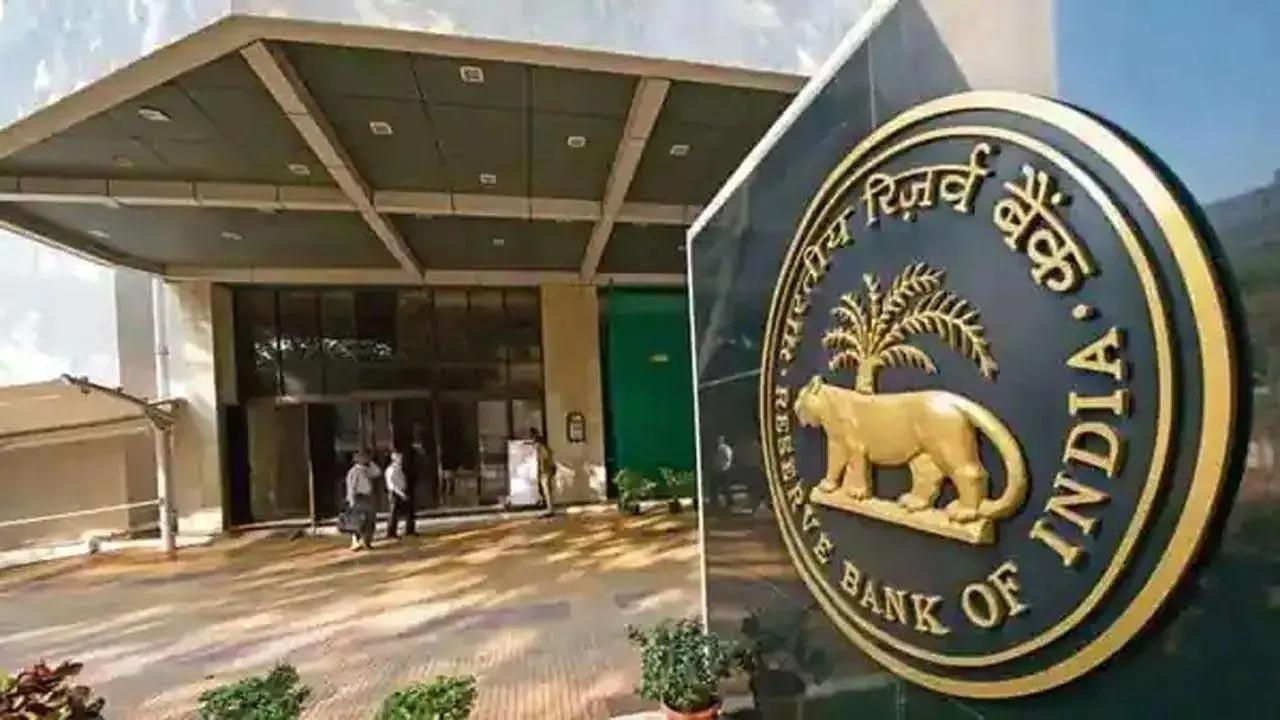The changes focus on enhancing transparency, updating credit information more frequently, and expanding payment options

Representational Pic/File
The Reserve Bank of India (RBI) has announced several important policy measures aimed at improving digital lending and payment systems in India.
ADVERTISEMENT
The changes focus on enhancing transparency, updating credit information more frequently, and expanding payment options.
In an official press release, the RBI said that to protect consumers from fraudulent digital lending practices, RBI will soon launch a public repository of Digital Lending Apps (DLAs) associated with RBI-regulated entities.
The repository will be available on the RBI website, allowing users to verify the legitimacy of DLAs and the repository will be updated regularly based on data provided directly by regulated entities.
The release was issued by Puneet Pancholy, Chief General Manager. It said that currently, the credit institutions report borrower information to Credit Information Companies (CICs) on a monthly basis.
1. Frequency of Reporting of Credit Information to Credit Information Companies
To provide a clearer picture of a borrower’s financial status, RBI has decided to increase the reporting frequency to every two weeks. This change will help borrowers see their updated credit information more quickly and allow lenders to make more accurate assessments.
2. Enhancing Transaction Limits for Tax Payments through UPI
Unified Payments Interface (UPI) is widely used for its convenience. RBI has decided to raise the UPI transaction limit for tax payments from ₹1 lakh to ₹5 lakh. This update will make it easier for people to handle large tax payments directly through UPI.
3. Introduction of Delegated Payments through UPI
A new feature called "Delegated Payments" will be introduced in UPI. This will allow a primary user to set a UPI transaction limit for another person using their bank account. This feature aims to increase the usage of digital payments across India.
4. Continuous Clearing of Cheques under Cheque Truncation System (CTS)
The Cheque Truncation System (CTS) currently clears cheques within two working days. To enhance efficiency and reduce settlement risks, RBI plans to move to continuous clearing. This means cheques will be processed within hours during business hours, reducing the clearing cycle from one day to just a few hours.
Detailed guidelines for these new measures will be issued soon, the release stated.
 Subscribe today by clicking the link and stay updated with the latest news!" Click here!
Subscribe today by clicking the link and stay updated with the latest news!" Click here!







